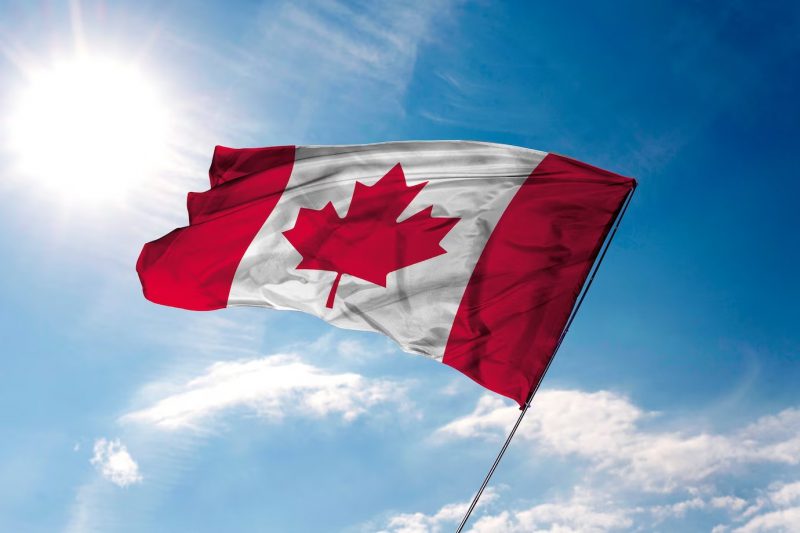The tax system in Canada is draining out every dollar earned from its citizens to the government’s kitty. A recent report published by the Fraser Institute shows that Canadians pay 43% in income tax. That’s more than spending on food, housing, and clothing combined.
The Canadian Consumer Tax Index 2024 edition shows that Canada’s average income is $109,235 yearly. However, $46,988 is paid in income tax, equaling 43% of their income. They’re now left with $62,247 a year to meet housing demands, food, and clothing, among other necessities.
Also Read: US Oil Industry Reaches Record Volumes Despite Fewer Workers
An Average Family in Canada Pays 43% in Income Tax Yearly


While basic necessities become expensive due to inflation in Canada, taxes are following the same path. Income tax in Canada pinches the most out of people’s pockets, as it’s much more expensive than food, housing, and clothing in a year.
Also Read: 2 New Countries Get Invited To Attend BRICS 2024 Summit
“In 2023, the average Canadian family, including both families and unattached individuals, earned cash income of $109,235 and paid total taxes equaling $46,988,” authors Jake Fuss and Callum MacLeod reported.
“In other words, the total tax bill of the average Canadian family in 2023 amounted to 43.0% of cash income”
The heavy taxes include payroll and health, sales tax, profit tax, property tax, vehicle license, and carbon taxes. All this taxation makes it impossible for the younger generation of Canadians to afford to own a house. Mortgage interest rates have also increased in the country, leading to Millennials and Gen X staying away from real estate.
Also Read: Ripple: Here’s How To Be A Millionaire If XRP Hits $10
The report shows that the tax bill for an average family in Canada has jumped 2,705% since 1961. That’s a remarkable rise in 63 years, and the development indicates that wages are not catching up with inflation but are catching up with taxes.





